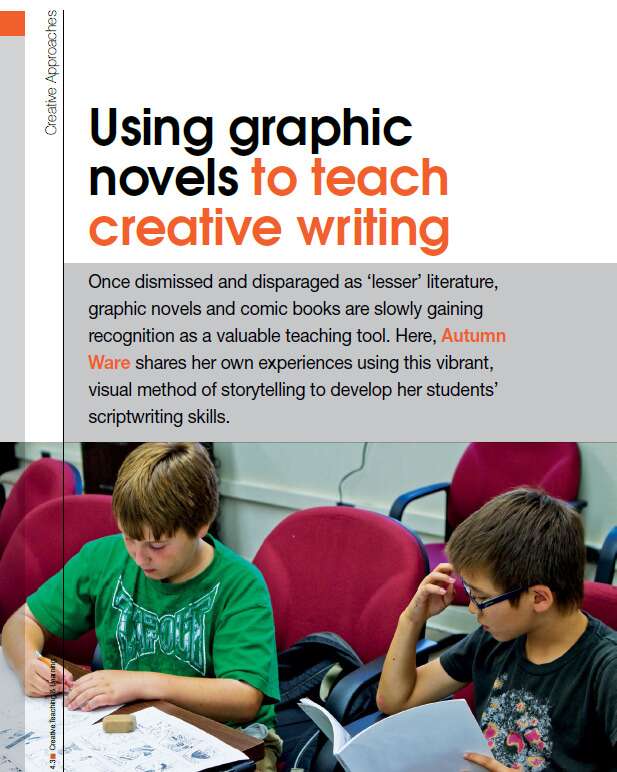A great man once said, “People assume that time is a strict progression of cause to effect, but actually from a non-linear, non-subjective viewpoint – it’s more like a big ball of wibbly wobbly… time-y wimey… stuff.”
Even if you don’t belong to the legion of Dr. Who fans who join the Doctor on his regular excursions through space and time, you’ve probably wished (maybe more than once a day) that you could control time. Bend it to your bidding. Lengthen it or shorten it or even freeze it.
Though you may not come from an ancestry of Time Lords with these particular skills, you actually do have more control over time than you might expect. If you feel perpetually rushed, you may be creating your own time deficit. On the other hand, if you take things slowly, you have the potential to actually build up a time surplus. Sound too good to be true? Let’s see what science has to say about it.
Your spatial perception of time affects how you experience it.
In one study on spatial metaphors of time, researchers discovered that two unique perspectives on time profoundly affect how we experience it.
If you see yourself as moving through time, you have an ego-moving perspective of time.
If you see time as moving towards you, you have a time-moving perspective.
Most of us move between the two viewpoints.
When we imagine negative events, we feel as if they are moving towards us. Makes sense, right? We usually don’t choose to participate in negative events, and so they are inherently out of our control. They’re coming right at us whether we like it or not. Imagine that jury duty date or any other dreaded event, and you can almost picture it speeding in your direction.
Conversely, we perceive ourselves as moving forward through time towards positive events. Imagine your next holiday. The one you’ve been eagerly planning. If you’re anything like me, your mind is already there, and you’re moving as quickly through all of your daily routines as possible to get to that point in time. Most positive events are planned. We have control over them. We’ve chosen them. And so we have a sense of autonomy and power over – not only the event – but the time leading to it.
So how can we use this data to control time?
Re-frame your perspective of events.
Negative events that are moving through time feel as if they’re approaching too quickly. For example, deadline pressures distort our sense of time, making us feel as if there isn’t nearly enough of it to accomplish all that we need to accomplish.
By choosing to adopt a more positive attitude towards events, you’ll take back some control of time. Hard as it may be to believe, it’s possible to spin anything in a more affirmative direction (take it from a spin-master). In this case, you need only change how you describe time. Research shows that by simply changing your description of an event from time-moving (“Ugh. My annual review is coming up next week.”) to an ego-moving description (“I’ll be going to my annual review next week.”), you trick your brain into not only feeling as if there’s more time to prepare but that it’s also a more positive event in general. True story.
Music has the power to stop time.
While we usually measure time using minute hands on a clock, that all changes when we listen to music. Because music is composed of repeating patterns and intervals, it becomes its own measure of time. And when you listen to music, your brain adopts this new measurement as its own.
Change your metronome.
Novelty in any form tends to speed time up while familiarity slows it down. That’s why a road trip through new terrain will zip past while the last five miles to your doorstep will drag on forever. It’s also why the last coat of paint takes forever if you’ve already rolled on two earlier coats.
If you need to slow down time, listen to slower, more familiar music. When you want time to pass more quickly, scan Spotify for a faster playlist that’s new to you.
Your emotions impact your sense of time.
When you’re experiencing periods of high emotional arousal, your internal clock runs faster. Stress, anger, anxiety all contribute to a sense that time is running out.
Take control of your emotions.
This is a tough one because emotions can be difficult to control, but by learning to step back and take a more objective outlook, you can slow time down to its normal speed again. That should also make the situation more emotionally tolerable, creating a positive feedback loop.
You might do this by focusing your energy on a familiar, methodical task like washing dishes or through a mindful decision to take a walk through your neighborhood. However you do it, the bottom-line is you are taking back authority over yourself and your time.
Deadline pressures warp time.
OK. Not really. Time is what it is. But research shows when we stack up deadlines, we impact how we perceive time. More deadlines – especially for difficult tasks – create more stress. This makes events feel as if they’re rushing towards us.
Prioritize your to do lists.
If you haven’t read Stephen Covey’s The 7 Habits of Highly Effective People, make some time to do so because he gives some profound insight into prioritization. But in a nutshell, keep your to do lists small and manageable. Break large projects into individual steps. And chuck anything that isn’t necessary.
That last bit requires you to be really honest with yourself about your own general importance in the grand scheme of things. By recognizing that many of the chores that you believe are necessary will be fine if left undone for a while – or left to someone else to do, you give yourself the freedom to focus on top priorities.
Yet according to Parkinson’s Law, “It is a commonplace observation that work expands so as to fill the time available for its completion.” In other words, no matter how many convenient modern contrivances and techniques we develop to free up our time, we’ll find a way to fill it up as soon we carve it out. Until we learn not to. Because this, too, is within our control.
Maybe the most valuable lesson we can take from time research is that we are Time Lords. Even if we don’t have fancy traveling police boxes. We just have to own our ability to slow time down to make room for our needs.

